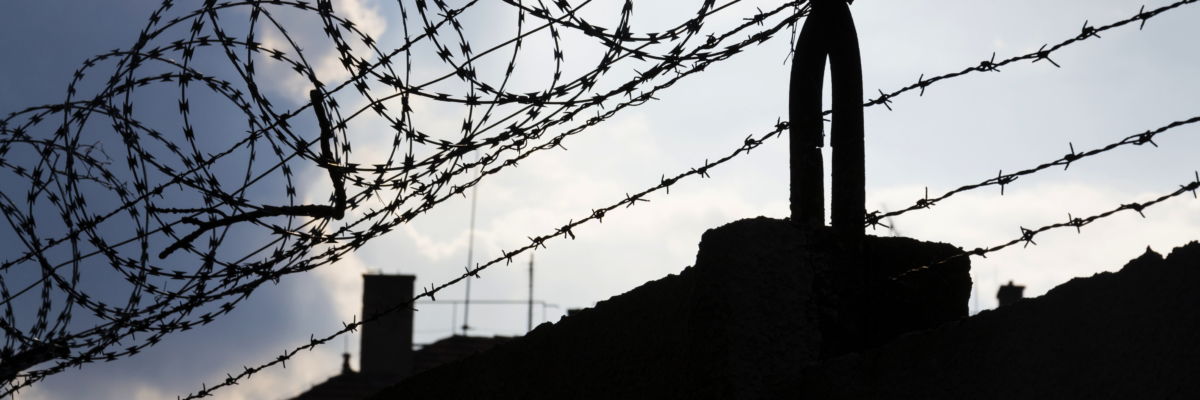
Question:
Answer:
In October 2014, in a statement to the International Association of Penal Law, Pope Francis said:
It is impossible to imagine that states today cannot make use of another means than capital punishment to defend peoples’ lives from an unjust aggressor. . . . All Christians and people of good will are thus called today to struggle not only for abolition of the death penalty, whether it be legal or illegal and in all its forms, but also to improve prison conditions, out of respect for the human dignity of persons deprived of their liberty. And this, I connect with life imprisonment. . . . Life imprisonment is a hidden death penalty.
Pope Francis does not appear to have elaborated on his view of life imprisonment. Since he connected it to capital punishment, though, it is worth looking at what the Catechism of the Catholic Church states in regard to capital punishment, so we can determine what he may have in mind by calling life imprisonment “a hidden death penalty.”
The Catechism states:
Punishment has the primary aim of redressing the disorder introduced by the offense. When it is willingly accepted by the guilty party, it assumes the value of expiation. Punishment then, in addition to defending public order and protecting people’s safety, has a medicinal purpose: as far as possible, it must contribute to the correction of the guilty party (2266).
Regarding capital punishment, the Catechism states, in part:
If, however, non-lethal means are sufficient to defend and protect people’s safety from the aggressor, authority will limit itself to such means, as these are more in keeping with the concrete conditions of the common good and more in conformity to the dignity of the human person.
As a consequence of the possibilities which the state has for effectively preventing crime, by rendering one who has committed an offense incapable of doing harm—without definitely taking away from him the possibility of redeeming himself—the cases in which the execution of the offender is an absolute necessity “are very rare, if not practically nonexistent.”
In calling life imprisonment “a hidden death penalty,” Pope Francis appears to be concerned with the caveats the Church places on the moral use of capital punishment and perhaps considers that life imprisonment (which removes a person from civilized society for the remainder of his life) should meet the same criteria. According to the Catechism, the punishment given an offender should meet the following criteria:
- It should redress the disorder introduced by the offense.
- It should offer the value of expiation.
- It “must” contribute to the correction of the offender.
- Authority should limit itself to means that are sufficient to protect others.
- The punishment should be “in conformity to the dignity of the human person.”
- The state should not completely remove from the offender “the possibility of redeeming himself.”
In this statement, Pope Francis has given his opinion on an issue of Catholic moral law. He is the supreme teacher of Christian doctrine, but he does not appear to have invoked his authority as pope in this matter. While individual Catholics should give a pope’s opinion on a moral issue close attention and be open to revising their own opinions in light of papal guidance, there is not a definitive binding of conscience on this issue.


